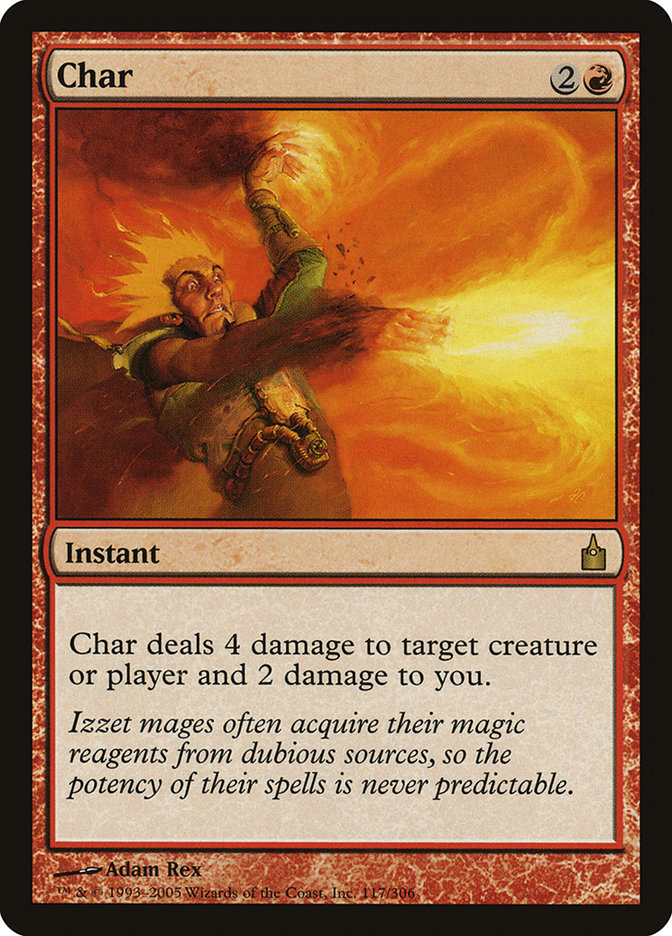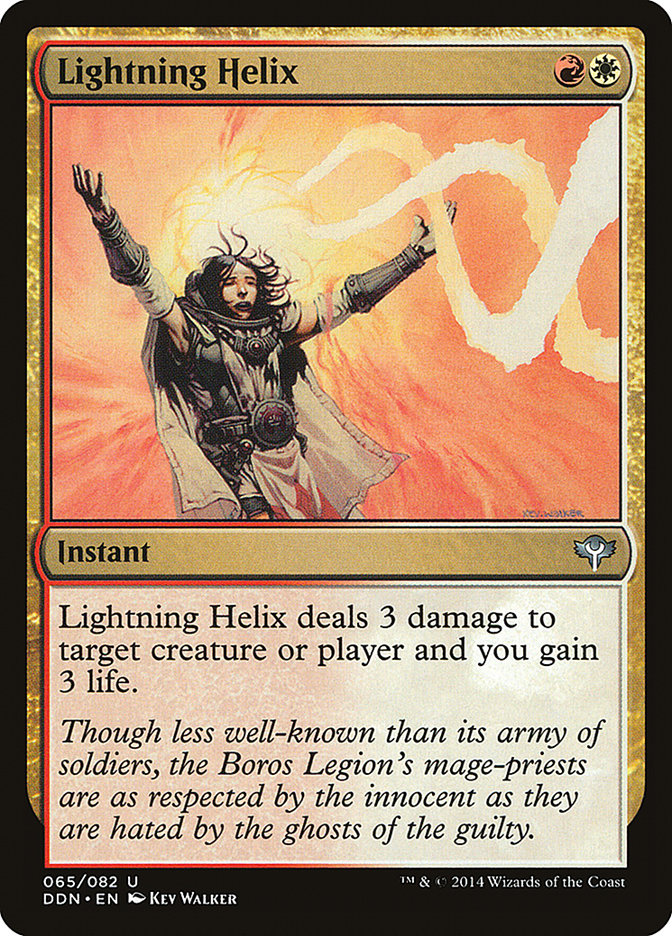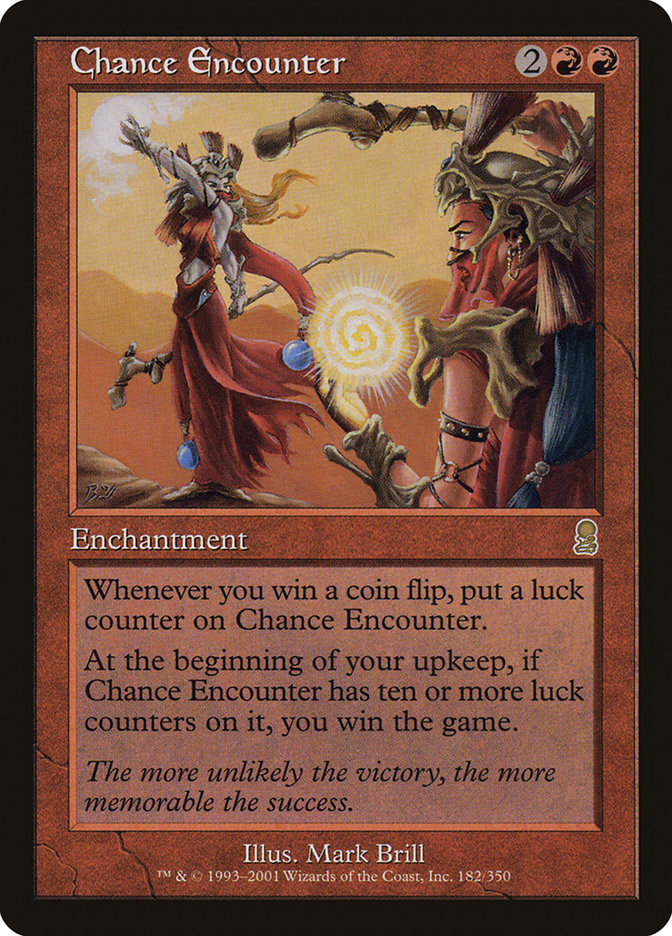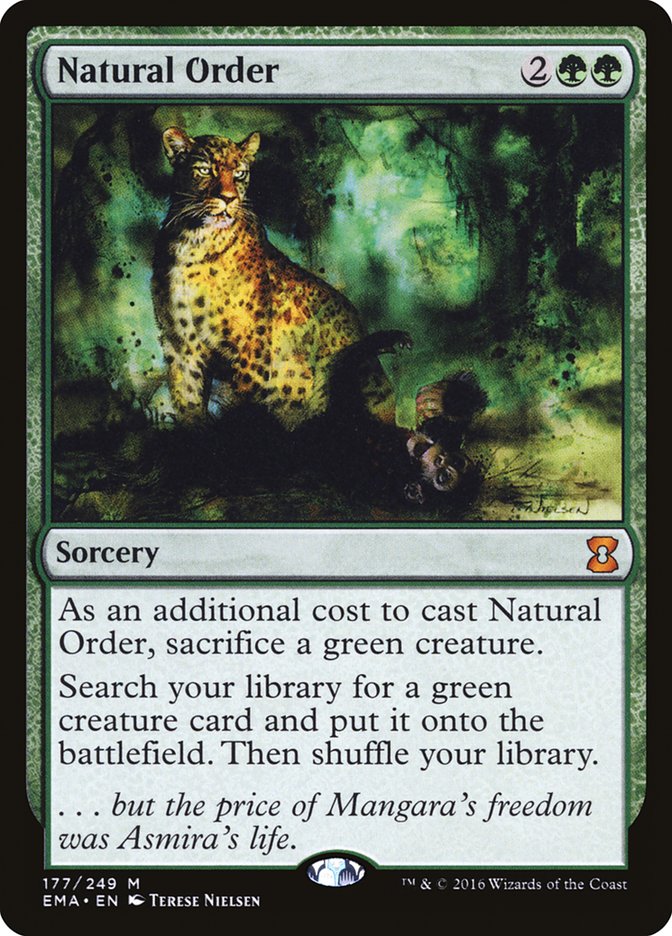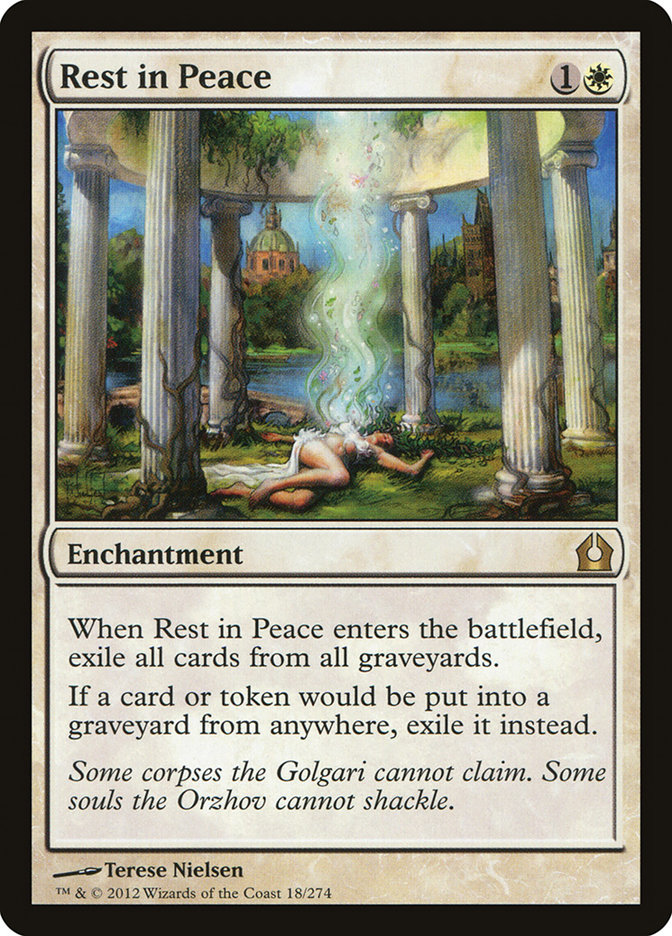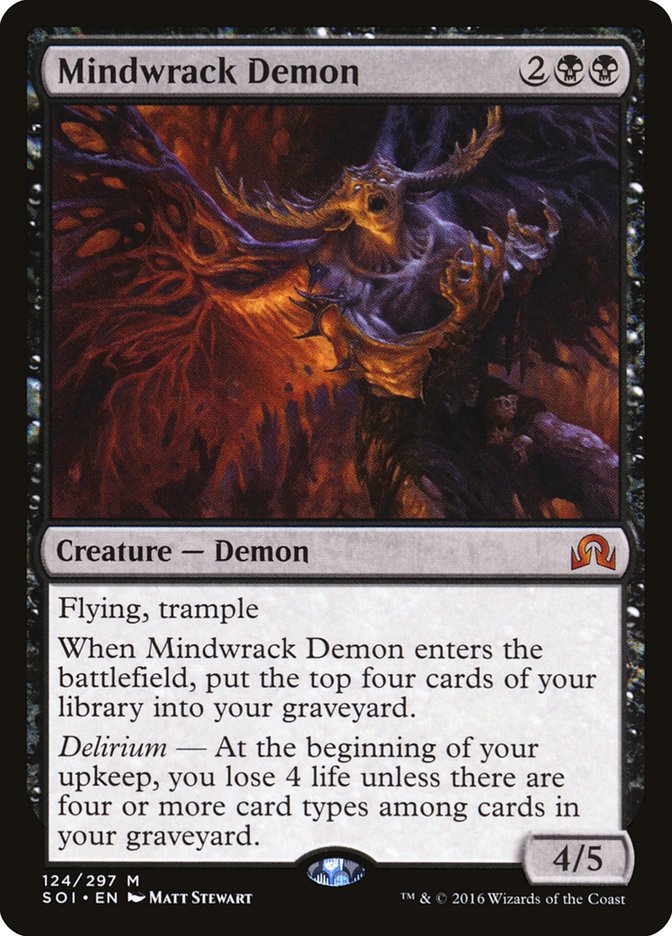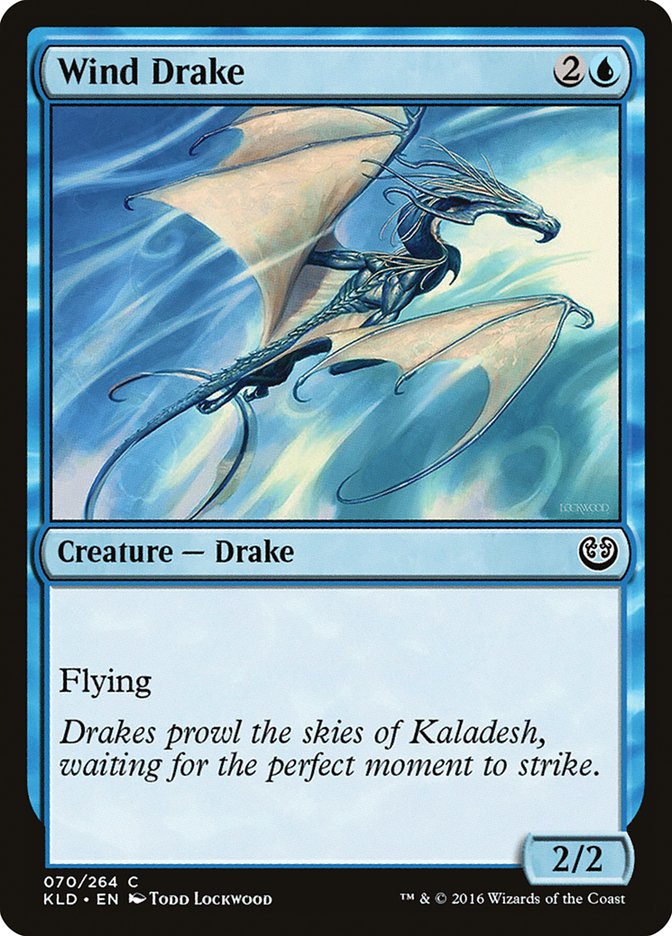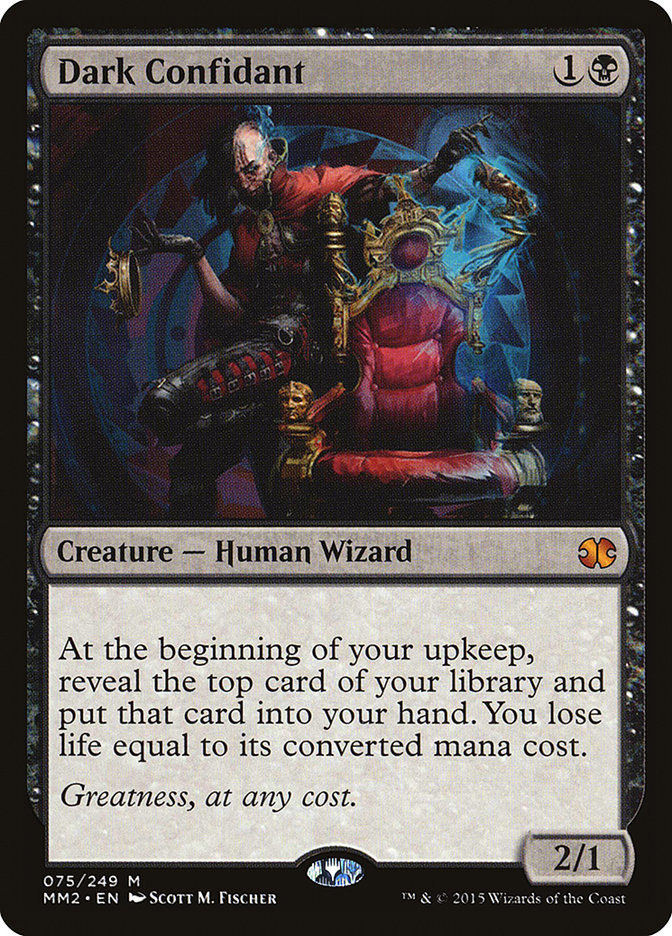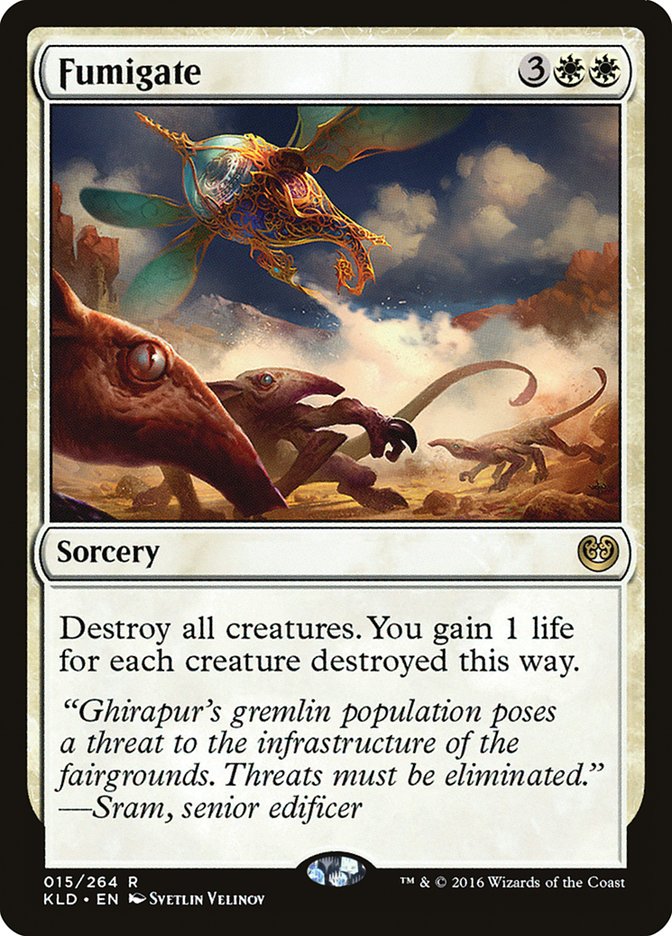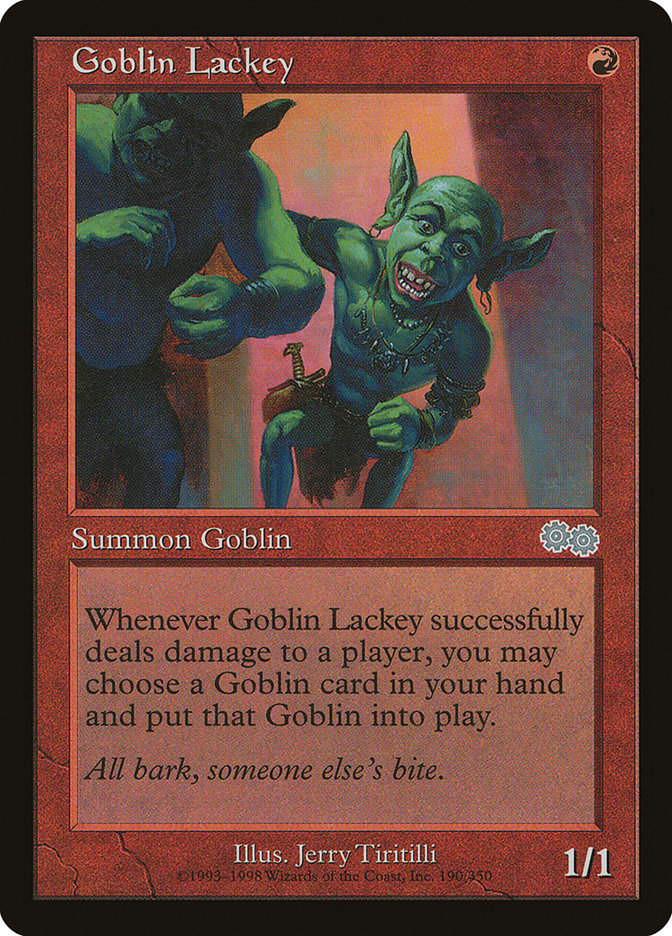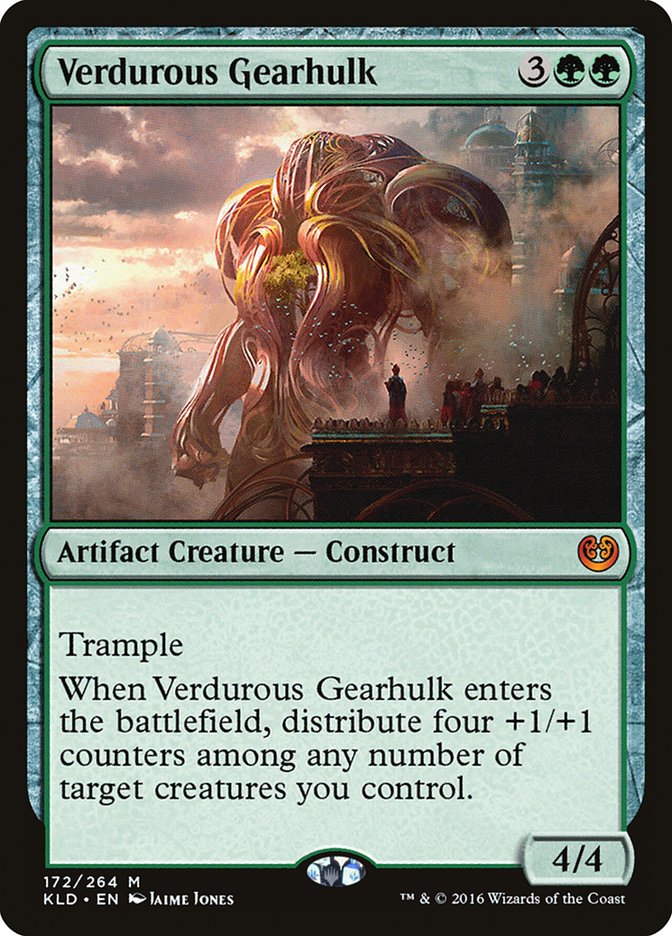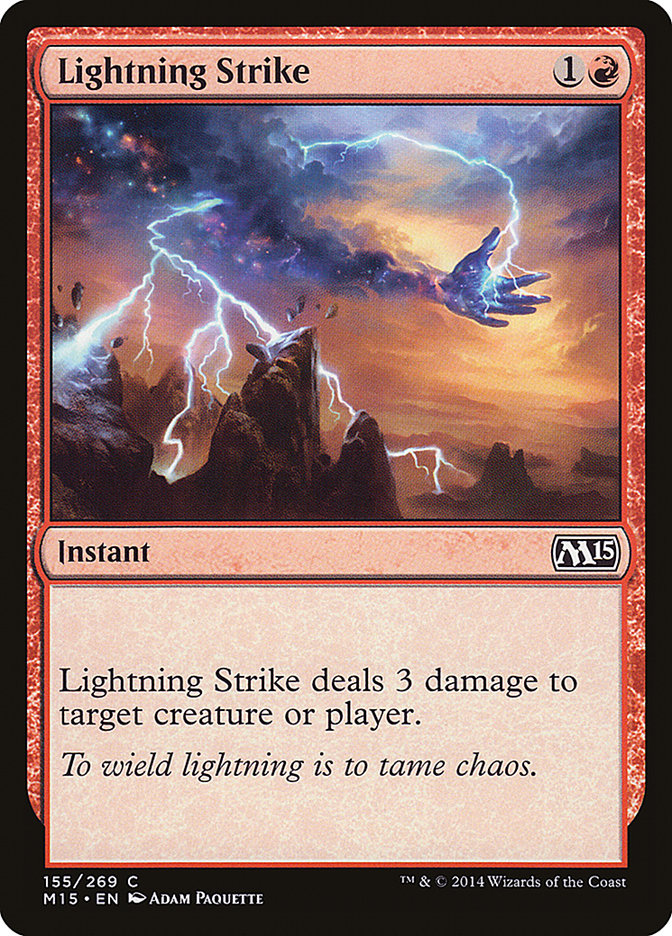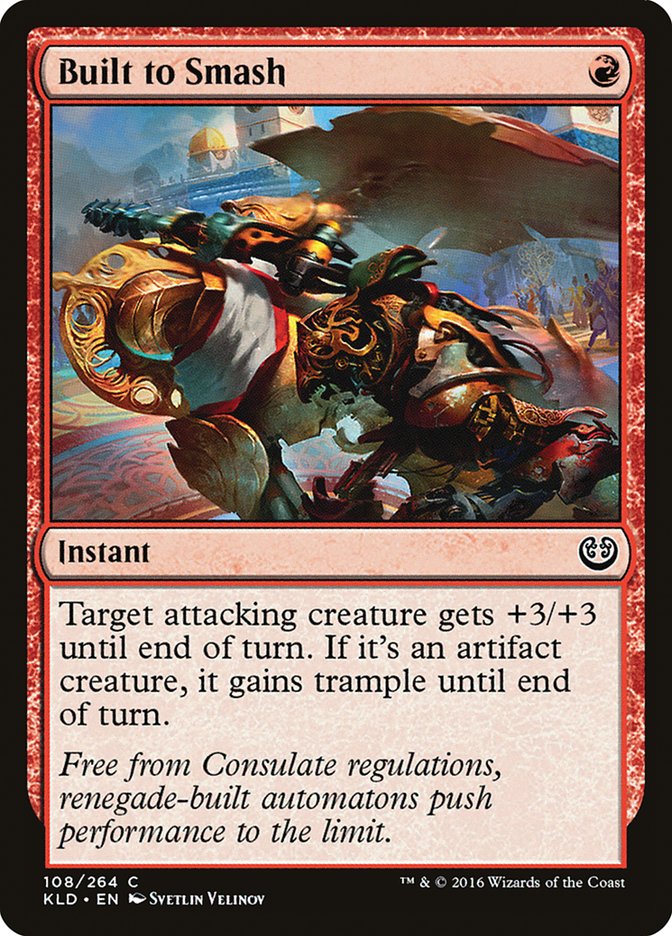You’re under the bright lights, in the most important match of your life.
It’s Game 5 of the Pro Tour Honolulu 2006 semifinals, and after a great start, your aggressive Zoo deck has faltered in the mid-game against your opponent’s B/W Aggro deck. It’s normally a good matchup, but your opponent, despite not having any cards in hand, has skillfully navigated the battlefield while staying at seven life. You are down to a lone Watchwolf, a single card in hand, and six life.
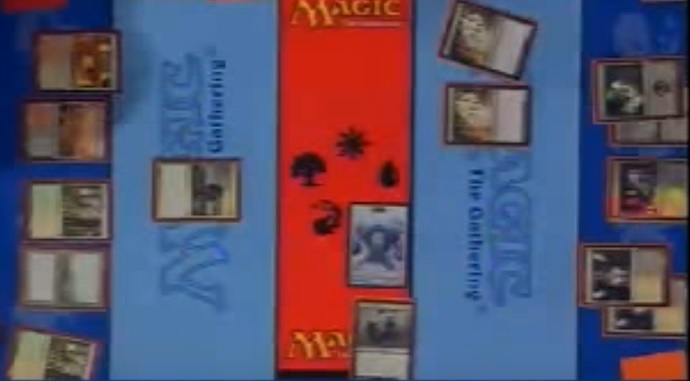
Screen capture from official Pro Tour Honolulu 2006 coverage by Wizards of the Coast.
For your aggressive Zoo deck, Char is an excellent option for ending the game quickly, but with your back against the wall, it is not proving to be a good defensive measure. You can kill the Hand of Cruelty with Char, but the combined damage from the Char and combat will drop you to a precarious three life. With no way to block the Spirit token or really get back in the game with your ground creatures in the face of the Plagued Rusalkas, your options are limited. It looks like the Pro Tour finals are slipping away.
So what do you do?
“No blocks, go to three. End of turn, Char you, go to one.”
It looks suicidal.
Here you are, playing for tens of thousands of dollars on camera with tens of thousands of people watching, making a play that virtually ensures the game will end next turn and leaving you with only one out. Your opponent tells you to just slam the top card, and you oblige:
It’s on to the finals.
The “you” in this story is Craig Jones, and it is perhaps one of the greatest topdecks in Pro Tour history. It’s easy to watch this clip and say to yourself, “Ugh, he was so lucky. If I had luck like that, I could win in Pro Tours too!”
What’s important about this story, though, is not the Lightning Helix.
It’s the Char.
Many players in Craig’s spot would have not had the gall to go to one life and leave themselves in a “Lightning Helix or death” spot, but it is absolutely the correct play. Winning Magic isn’t about trying to stay alive or prolong the game; it’s about trying to win.
Playing from Behind
One of the most difficult things to do in Magic is to play from behind.
Put simply, losing isn’t fun.
Whenever you are playing from behind, you are by definition in a losing position. In the Craig Jones example, more than 90% of the time, he doesn’t draw the Lightning Helix and just dies. Nobody notices, his tournament ends, and life goes on. It’s a sobering thought to realize that you can make the play that gives you the best chance to win the game and still have such a low chance to win, but these are the edges that separate good players from average players.
So what’s the secret?
It’s as simple as asking yourself this question:
What needs to happen in this game for me to be able to win?
The answer will usually revolve around odd circumstances that involve either you getting lucky in some way, your opponent getting unlucky in some way, or the game taking a bizarre turn. These odd circumstances are necessary in swinging an unfavorable game in your favor, because if an unfavorable game continues to play out in a normal way, you are going to lose.
“I Need to Get Lucky.”
In Craig’s game, he properly realized that he had lost control of the battlefield. Removing or adding creatures to it was not going to make much difference, as he would be very unlikely to draw the resources needed to turn the tide of the game before he died. Let’s look at what would have needed to happen for Craig to try to take over the battlefield.
Craig would need to Char the Hand of Cruelty, go to three life, and then most assuredly need at least one burn spell to stay alive over the next turn or two. He would then need to draw a threat while simultaneously having his opponent draw air for turn after turn. Thinking this through, even though this line “feels” more like normal Magic, killing creatures and then playing your own, it actually requires Craig to get far more lucky than just drawing a single Lightning Helix over one turn.
Once looked at through this lens, Craig’s play goes from looking irrational to clearly correct. It was clear luck was going to have to play a factor in the game, and Craig made it so everything was in place for him to have a chance to get lucky.
Putting yourself in a spot to get lucky can manifest itself in other ways as well. Some examples:
Going for Natural Order (or another similar big, game-winning effect) the turn after your Legacy Miracles opponent taps out for Jace, the Mind Sculptor. Your opponent may have a Force of Will and leave you hurting, but if you allow them to untap and draw three new cards with Jace in addition to their draw step, they are almost guaranteed to have an answer.
Keeping a six-card, one-land hand with a Rest in Peace on the play against Dredge in Modern. Yes, you need to draw a land, but if you do, you are a heavy favorite to win with your best sideboard card in place. The odds of drawing Rest in Peace and two lands in your five-card hand are slim.
Playing a defensive Mindwrack Demon against W/U Flash to stem the bleeding against an army of fliers when a Reflector Mage or removal spell will likely end the game. You could try to pick off the fliers one by one with slow removal spells but will never be able to establish a battlefield.
Getting into a racing scenario in a draft where you are racing with fliers against your opponent’s superior battlefield and must draw a creature or two to chump block in order to shift the clock into your favor. Without getting into a race, you would likely lose to your opponent’s superior creatures anyway, and putting yourself into a race but needing to draw blockers gives you a chance to win.
In all of these scenarios, it’s important to recognize when trying to “get lucky” is actually your necessary and best course of action. If you can make the safer play, you should always be looking to do so, but if you are so far behind that you must make the Hail Mary play to have a chance, you’ve got to be ready to pull the trigger.
“I Need My Opponent to Get Unlucky.”
The parallel to drawing that burn spell or keeping that one-lander is simply allowing your opponent to get unlucky. This can mean taking advantage if they get too many or too few lands, or taking advantage of other unlikely outcomes. Sometimes you’re going to ask yourself, “What needs to happen for me to win this game?” and the answer is going to be “My opponent needs to draw four lands in a row” or “My opponent needs to miss their fourth land drop for a few turns.” If these are your outs, you need to play as if they are truth and take advantage of them when they happen.
Examples:
Playing Dark Confidant on turn 2 in the face of possible removal because you mulliganed to four on the play and need to get back the resources to have a chance to win the game. Normally it may be correct to try to play other creatures to get your opponent to use their removal spells before you cast Dark Confidant, but making the riskier play has the higher payoff. While it is likely they will have removal, the times they don’t will give you a good chance to get back into the game.
Overcommitting creatures with your Bant Verdurous Gearhulk deck against a U/W Control deck stuck on three lands. While it’s likely your U/W Control opponent has a Fumigate in-hand, if they’ve been stuck on three lands for a few turns, it’s often better to just empty your hand and try to finish them off before they can draw the fifth land for Fumigate. This can also come up when you’ve mulliganed a few times as an aggressive deck and stand no chance of recovering from the first battlefield wipe effect. If that’s the case, it’s often best to just play like they don’t have it and give yourself the best chance to win before they can find one.
Mulliganing aggressively to your key cards in unfavorable matchups. Playing Goblins against Storm in Legacy is never a fun time and essentially requires you to mulligan to a Goblin Lackey to have a chance. Sometimes you will just mulligan into oblivion and lose regardless, but you were likely to lose with your non-Goblin Lackey hands anyway. While Storm usually has a faster goldfish than Goblins, if they falter at all or their draw is awkward in any way, leading on your fastest possible draw will give you a chance to win that will not be present in any but your fastest hands.
“I Need My Opponent to Make a Mistake.”
Lots of bizarre things can happen in games of Magic. This includes odd interactions but also can include errors from your opponent. Your opponent is human, after all, and sometimes your only play that gives you a chance to win the game involves hoping your opponent makes a mistake.
It’s important to recognize spots where your opponent could make a mistake. If you don’t have another way of winning, play in a manner that allows them to make said mistake. Your opponent is not always going to make the correct play, and making a play that pressures them into a choice allows you a chance to win you may not have had before.
Examples:
Attacking with your 8/8 Verdurous Gearhulk into your opponent’s vastly superior battlefield when they are at six life. If you’re likely to lose in a turn or two anyway to their overwhelming battlefield position and not drawing to any reasonable outs, just attack. It’s possible your opponent forgets about trample and throws a Servant of the Conduit under the bus in an attempted chump block, only to die to trample damage. It is an unlikely scenario, but it gives you a small chance to win a game you likely had no chance to win otherwise.
Stocking up on burn spells when playing a long game against a control deck where you are unable to resolve any threats but they are also not doing a good job of finishing you off. Instead of just firing them off one at a time as you draw them, hold them all to give your opponent a false sense of security and then look for a spot where you can resolve them all at once when your opponent taps out for something at the end of your turn. It’s not always likely you’ll draw enough burn or that your opponent will present a spot to use them, but it still gives you a chance to win an unwinnable game.
Attacking with everything on a complicated battlefield in a draft game where you are decidedly behind. If you’ve fallen behind in a Limited game, your opponent has crafted a battlefield of superior creatures, and your deck doesn’t really have the tools necessary to break the stall, you can sit around and wait to lose or you can force the issue and just attack with everything and give your opponent a chance to mess it up. Maybe they play around a combination of tricks you don’t have or just mess up the math, but putting the impetus on them to make the tough choices gives you a better overall chance of winning.
So You’re Saying There’s a Chance?
It’s important to recognize in all of these scenarios that whatever path you choose is not going to work the majority of the time. You are going to give yourself the best chance to win, and ultimately it’s not going to pan out and you are going to lose anyway.
That’s just the nature of playing from behind.
However, think about that tournament where you missed making Day 2 by a single match. Somewhere in that record, there was likely a chance you could have stolen one of those games, which would have put you into Day 2, or in Craig’s case the finals of a Pro Tour.
Playing from behind is tough. It takes mental discipline to keep your focus and play to your outs in a game you’re losing. When the game’s looking glum and the outcome seems like a foregone conclusion, it’s easy to just give up and go to the next game.
Don’t.
Challenge Thursday
Last week’s Challenge Thursday was much more difficult than it seemed. The challenge was “(Modern) Torrent of Spells! Build a deck with only Torrential Gearhulk and instants/flash spells,” courtesy of @algebraicgroup.
I was ready to find all sorts of expensive, awesome instants and go to town, but the truth is Modern really doesn’t have a ton of overpowered and expensive instants. Most cards of that type, like Cruel Ultimatum, are sorceries. The best we could do was Lavaball Trap:
Creatures (6)
Lands (24)
Spells (30)

Building a deck with only instants and flash spells is surprisingly tough! The deck was a blast, though, and we cast almost ten successful Lavaball Traps.
This week we have a new challenge to vote on:
This week we have an early start, as I have an 8pm hockey game to attend. The poll will end at 1:00pm Eastern time, which will give me one hour to construct my deck. Then you can tune in at 2:00pm for the start of the stream. I will be playing an entire League with the challenge deck, tweaking it a bit, and then playing another League right after.
How many wins can I get? Cast your vote and tune in to my stream at 2:00pm Eastern this afternoon to see how it goes!


